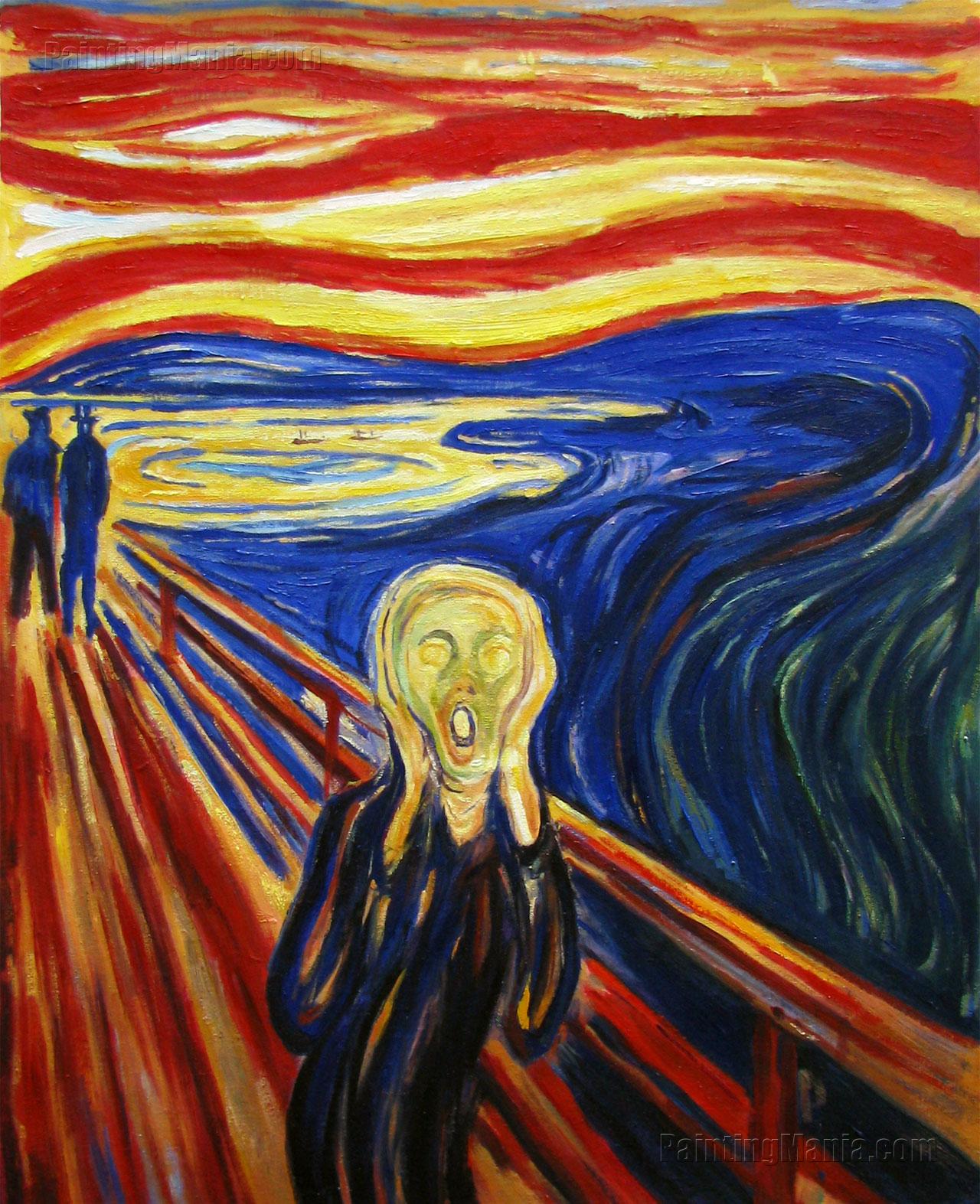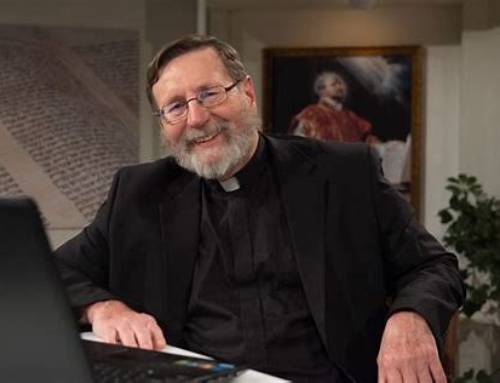This post is an excerpt from my book The Quest for the Creed.
When my nephew Michael was getting ready for college he told me he was expected to write a paper in his first week entitled, “How do I know I exist?” After discussing the matter for some time he concluded that the best thing to do was to punch his professor in the nose. The resulting pain when the professor punched back would thereby prove that both of them existed.
Michael is unusual for a college freshman. He was actually interested in the idea. Like anyone who has wondered if things continue to be there once you stop looking at them, Michael realized that in some way the existence of everything was linked with his own existence, and if he didn’t exist, then maybe nothing else did either. To get some answers he’d been snooping through some basic philosophy books and came across René Descartes’ memorable sound byte “I think therefore I am.” Michael found it unconvincing, but wasn’t sure why. Here’s why: Descartes thought the fact that he was aware of the activity of his mind was the proof of his existence. For Descartes thinking was not just a matter of logic or figuring out his tax return. It included the whole range of mental activity like emotions and the experience of pleasure and pain. Despite all his doubts and uncertainty he was at least certain that he was thinking, and that made him conclude that he existed. But the activity of our own mind is not a reliable proof for our existence for one simple reason: it is only the activity of our own mind. Because it is the activity of our own mind it might all be an illusion; or as the scientist from Missouri might say, “it’s only a series of chemical reactions.”
To make sure we exist we have to be in certain touch with something that really does exist outside ourselves. But can the existence of the external, physical world prove our own existence? Not really, because we perceive the external world through our senses which in turn are filtered through our mind. In other words, we perceive everything outside ourselves with our brain– which is inside ourselves. Therefore it is difficult to prove that there is really anything outside ourselves at all. The skeptic’s reaction to the supernatural is “Its only in your head.” But if you follow the philosopher from Missouri far enough you will discover that everything is “only in your head.” And if everything is “only in your head” then you yourself are “only in your head” and whether you really exist or not is an open question. If this is true, then “I think therefore I am” should be re-phrased as, “I think therefore I think I am” or “I think therefore I think I might be.” In other words, Descartes was because he thought, but he was not what he thought he was.
Is there anything outside ourselves with which we can make contact to validate our existence? Read More






The first thing that attracted me to Catholic theology was the understanding and teaching on suffering. This article is so thought-provoking I wanted to print it out so I can read it off-line. When I realized it’s from the book, I just ordered the book!
I have recently been diagnosed with Multiple Sclerosis (ten days after my mother-in-law died of it). Although treatments are far-advanced from what was available to her in the late 60’s, the side effects of the medications I have to choose from are rather daunting. I had just finished reading the medical literature given to me (and glad I chose the one with the side effects of possible death from serious infection or blindness rather than the one with suicidal issues!) when I came online and saw this article. A timely reminder that my life here is not meant to be a bed of roses sans thorns. Mother Teresa is my patron saint and I pray that I can accept Christ’s kisses from the cross.